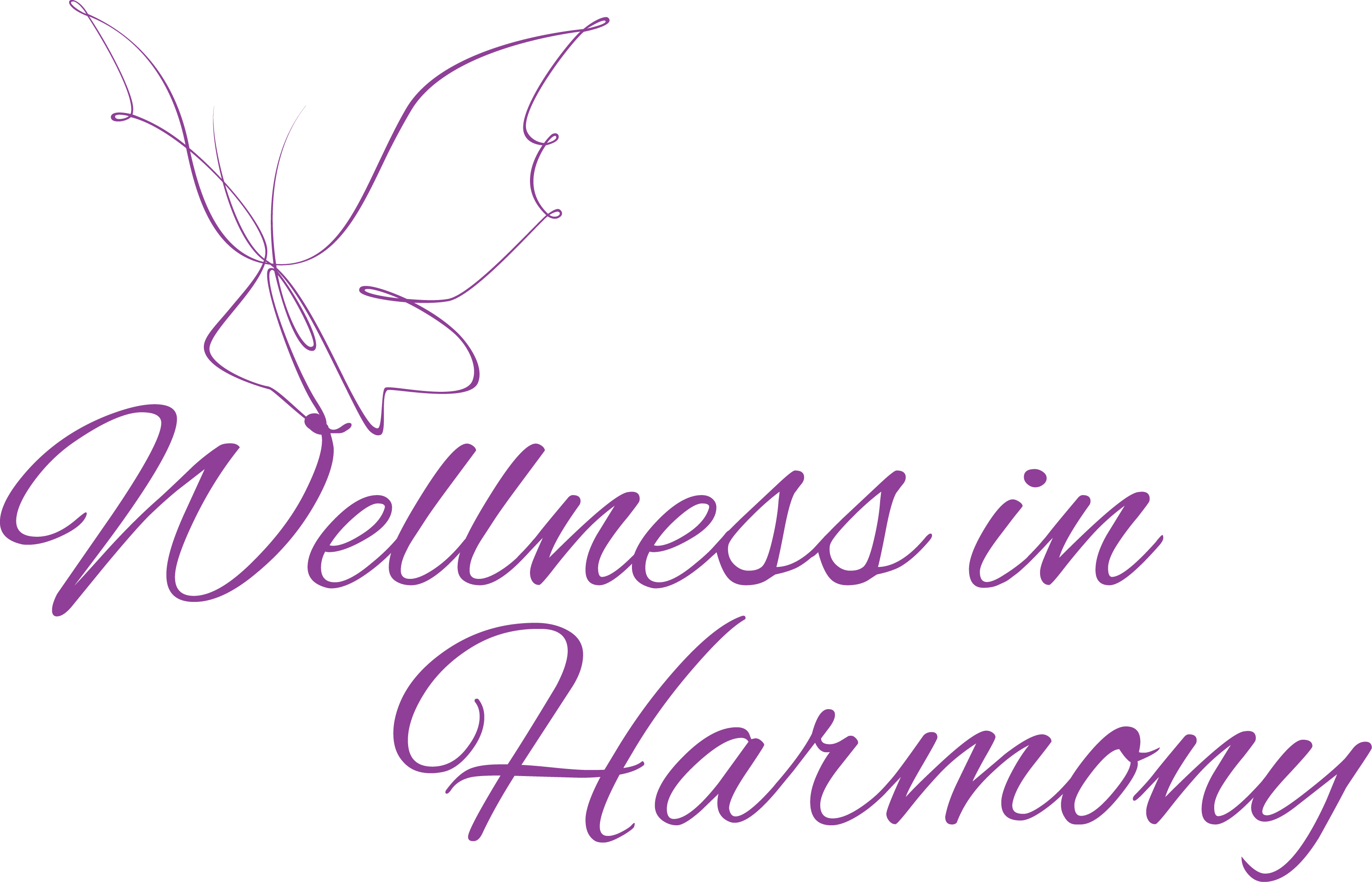My ‘new’ motto for 2020 has been ‘radical self care‘.
During such a tumultuous time, self-care seems to be the most important survival tool that I have. And, honestly, I believe it is one of the things that we all need to help us get through these odd days and months with our mental health intact.
But what does that mean? Radical self-care? Especially when some of us have days where the idea of ‘doing’ one more thing might just put us over the edge?

I hear people saying things like, “On top of everything else, you want me to meditate? Or exercise?!?!?!?! I can’t. I. Just. Can’t.”
I totally get it. With life turned upside-down and inside-out, adding something to the to-do list seems daunting. Even if it will help. Just when we think we are getting a handle on things, something changes, or external events trigger our fear and anxiety. Some days, it is simply just too much.
Events and experiences are repeatedly occurring on both a personal or collective/global level that rock us to our core, overwhelming our sense of safety and security in the world. These events cause emotional and psychological trauma and/or trigger a reaction based on past traumatic experiences.
With stressors hitting us on so many levels, self care is a priority.
Take care of yourself like your life depends on it. Because, truthfully, it does.
On a global level, it seems that we are being bombarded with news and information that is creating a tremendous amount of personal and collective stress. Rampant misinformation campaigns increase the stress as we struggle to discern the truth from lies. This, not to mention our personal daily stressors, seems to be escalating at an alarming rate. News, media and social media is flooded with click-bait messages that promote a great deal of strife and fear.
People are reporting increased anxiety, worry, depression, anger, and stress these days. Many are becoming more fearful and reactive in their interactions with others as a result of overwhelming fear and helplessness.
Medical science has well documented the long term impact of trauma and extreme and chronic stress on our health. It’s essential that we take action now to prevent further problems later.
How do you navigate tumultuous experiences without being overcome by them?
When speaking of personal and collective trauma, there is no simple, one-size-fits all answer to this question, however there are things that each of us can do to help support ourselves as we navigate through these experiences. Radical self care is (in my mind) making your health and well-being your top priority – as if your life depends on it.
1. Cut out unnecessary activities that create more stress:
For some, this may be the most ‘radical’ thing that we do to care for ourselves. Whether it is a chore, an activity or a social demand, ask yourself if it really is necessary to do right now. Can it wait a little while? Is it possible to pause for a short time and catch your breath before you do it? Can you get help with it? Does it even need to be done at all? Can it be rescheduled? Sometimes simply NOT doing is the most loving thing that you can do for yourself.
2. Will this nurture me or deplete me?
Start asking this question regularly. Of your activities, chores, social interactions, food, etc. Pretty much everything. For example, organizing a cluttered desk might help you feel calmer and less overwhelmed. On the other hand, the task might feel daunting in the moment and need to wait. Start asking this question regularly and choose those activities and actions that nurture and strengthen you as much as possible.
3. Make yourself a priority:
In order to navigate challenging times and heal from traumatic events, self-care is key. Make time daily to tend to your personal needs. Meditate, walk in nature, play and laugh, move your body, be creative, get energy or body work, sleep, and create down time. If you do not fill your own cup, you will not have the emotional, mental or physical resources available to navigate through these stressors effectively. Neither will you have the resources to support your loved ones.
If you have children, get them involved when appropriate. It’s a great way to teach them self-care, too (and can help create some space for you, too).
4. Unplug:
Limit your time watching/listening to the news or scrolling through social media. The constant input is highly taxing to the system – especially when there’s lots of fear mongering, misinformation and hype. Replace them with things the strengthen, relax, and nurture you, such as reading a book, listening to music, or simply resting.
When you are watching news or scrolling through social media and find yourself getting angry, anxious or upset, sign off. That is your body telling you that you are getting triggered. Sign off and tend to your needs.
4. Get Support:
If you find you are struggling, get support. Reach out to a trusted friend or family member. Join a support group. Find a qualified therapist or healer to help guide you.
5. Create Joy Each Day:
Find at least one thing each day that brings you joy. It doesn’t matter how big or small, just that it is joyful. Hug a loved one. Check in on a friend. Seek out something funny to laugh about. Read a good story. Snuggle your pet. Step outside and take a deep breath in, enjoying a moment of fresh air. Watch the sun/moon rise or set. Admire a piece of art. Giggle about something silly. Savor a delicious meal. Be creative, but make joy a priority at least once each day.
Our previous blog, How to beat the Holiday Stress has some additional self care tips that you may find useful (at any time of the year).
Additionally, practice grounding your energy and maintaining healthy energetic boundaries.
If you are in need of guidance to help you cope, please reach out and schedule a session. We are also happy of make referrals to other professionals who can support your needs.
